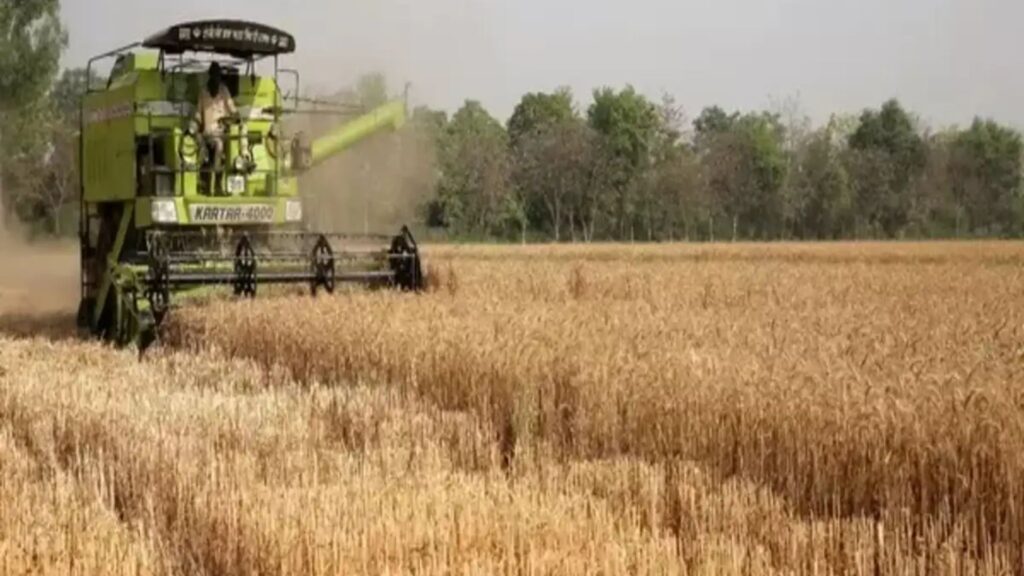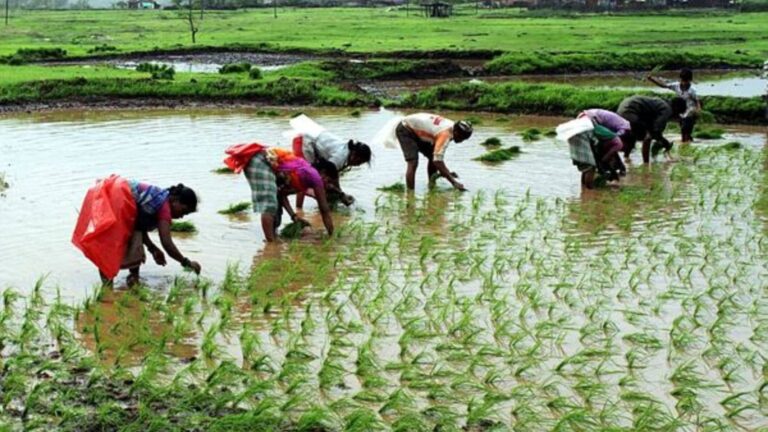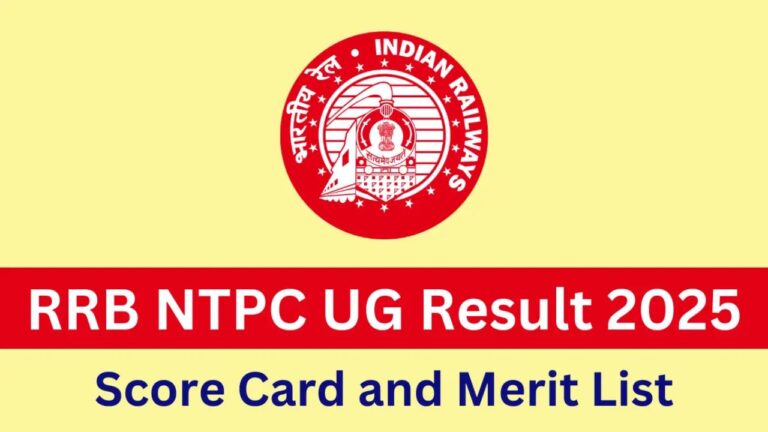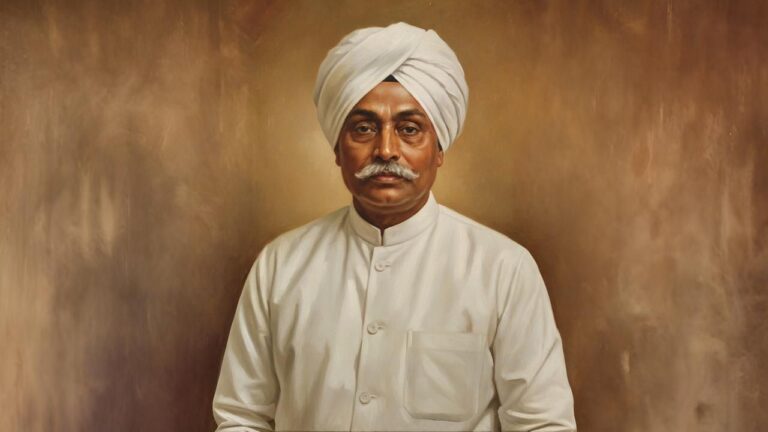
India is unlikely to suffer significant setbacks in its agricultural exports to the United States following the recent tariff measures announced by US President Donald Trump, according to renowned agricultural economist Ashok Gulati.
Speaking on the matter, Gulati, who serves as a professor at the Indian Council for Research on International Economic Relations (ICRIER), highlighted that the overall impact of the new tariff policy on India’s agricultural sector is expected to be limited. In fact, he noted that with astute negotiation during upcoming bilateral trade talks, India might even find room for gains.
“The final effect depends heavily on how the tariffs imposed on Indian products compare with those placed on competing countries,” Gulati explained. “If India’s competitors are subjected to higher tariffs, Indian exports could become more competitive. But if rivals face lower duties, we could lose market share.”
Currently, Indian agricultural exports to the US face a 27 percent tariff under the new trade framework. However, Gulati stressed that this figure needs to be assessed in the context of tariffs imposed on other exporting nations in similar categories.
Taking rice as an example, he pointed out that if Indian rice attracts a 26 percent tariff while rice from countries like Vietnam and Thailand is taxed at a higher rate, India could stand to benefit. Conversely, if those countries enjoy lower tariffs, Indian exporters could find themselves at a disadvantage.
“The impact of the US’s new tariff regime will vary significantly across different agri-commodities,” Gulati said. “To properly understand its implications, it’s important to compare India’s tariff rates with those of its competitors.”
Emphasizing the importance of strategic diplomacy, Gulati said India’s success will largely depend on how it navigates upcoming trade negotiations. A favorable bilateral trade agreement (BTA) with the United States could potentially turn this challenge into a beneficial opportunity for Indian agriculture.
“Overall, it doesn’t appear that India will face heavy losses in agriculture,” he concluded. “But if we negotiate the BTA smartly, there is a real chance that we could come out ahead.”
The statement comes as India prepares for further trade discussions with the US, seeking to safeguard and possibly enhance its agricultural export prospects amidst shifting global trade dynamics.






